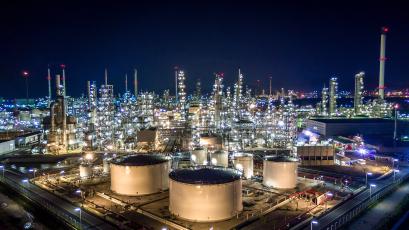As petrochemicals and recycling advancements give old plastic new life over and over again—from shoes and clothes made of recycled plastic recovered from the ocean, to plastic bottles being chemically recycled into fuel and a raw material to make new petrochemicals—what it means to “recycle” is changing right before our eyes.
How are petrochemicals advancing plastics recycling?
The petrochemical xylene is fundamental to some of the world’s most recyclable plastics. Xylene is used in the production of polyethylene terephthalate (PET), the most common polymer in the polyester family. PET can be found in polyester clothing, almost all soda and water bottles, shampoo containers, plastic peanut butter jars, spray bottles and so many other consumer products—meaning all of those products have great potential for recycling.
According to the PET Resin Association, PET is the most-recycled plastic in America, with approximately 1.5 billion pounds recycled every year. Sustainability depends on products that can be reused and recycled, and PET’s recycling potential is only growing.
How is plastics recycling advancing?
For years, mechanical recycling has been the primary method used to recycle plastics. This technique typically uses heat to melt down shredded plastics into pellets that can be used to make new things, though these materials are still the same plastic polymers at their core—and the amount of times they can be recycled is limited because heat and mechanical shredding can degrade the polymer over time.
Today, petrochemical companies, researchers and scientists around the globe are exploring ways to recycle plastic into fuels, petrochemical feedstocks, or even their original building blocks (called monomers), through a process known as chemical recycling. Returning a polymer to its monomer is kind of like the Holy Grail of recycling.
In one type of chemical recycling, plastics, including PET, are transformed into naphtha, a petrochemical feedstock used to make monomers. From there, recycled monomers can be transformed back into polymers without the type of degradation found in mechanical recycling. The promise of chemical and other advanced recycling is huge and can drive a paradigm shift in how we approach and resolve the challenge of plastic waste.
Learn more about how U.S. fuel and petrochemical manufacturers are making life easier, safer and more productive at www.WeMakeProgress.org.



